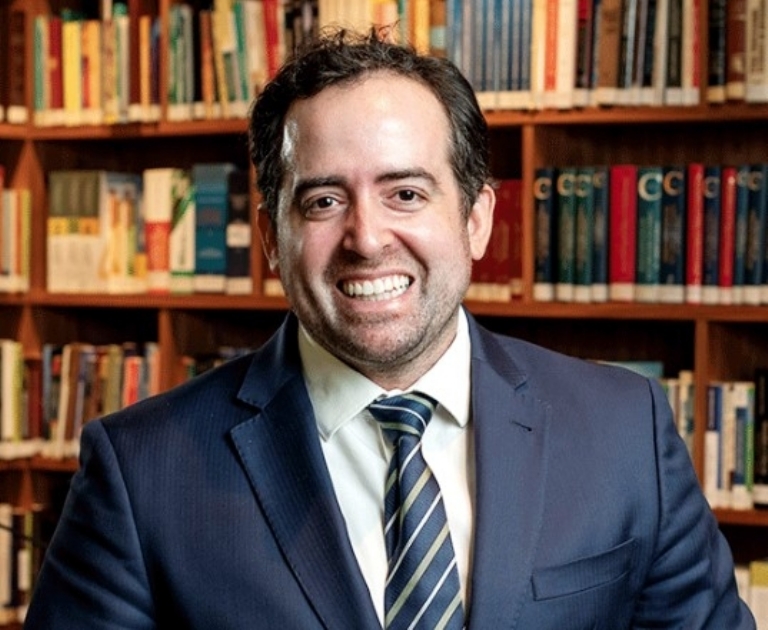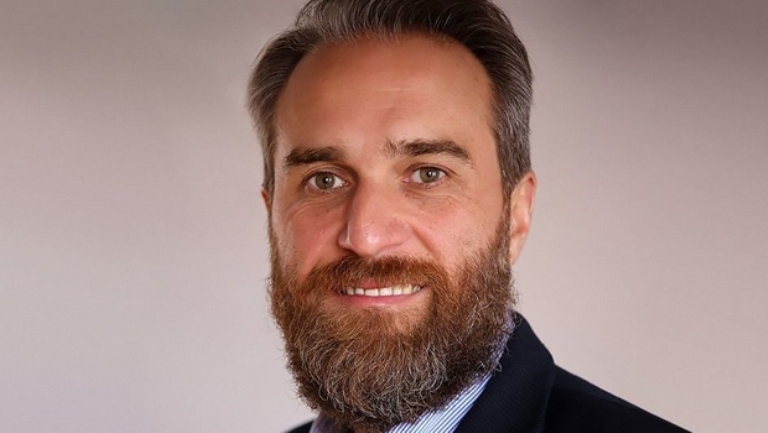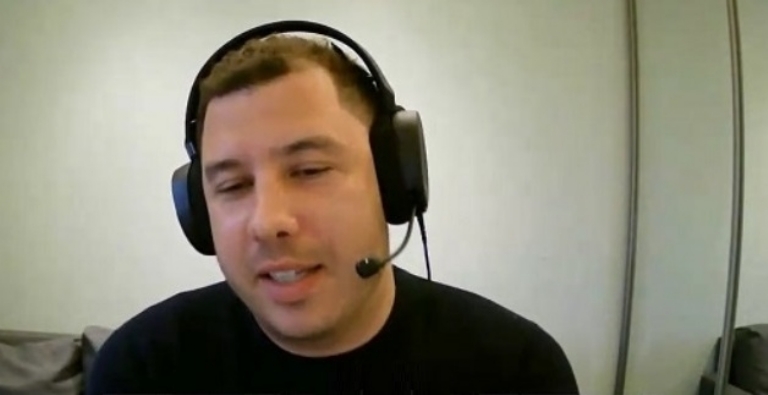

To identify a little the market's feeling in relation to Provisional Measure 1,182/2023, published on Tuesday (25th) this week, GMB asked for an approach on the content of the MP itself, taxation and future plans of the consulted companies. Overall, the most uncomfortable part for everyone was the addition of 2 percentage points to the already almost unbearable 16% on the GGR.
Igor Sá, CEO of DecolaBet, stated that the provisional measure is just the first step towards regulating the sector. “We understand that it will still undergo some modifications until everything is 100% determined, however, the first step has already been taken.” Among the positive points, the executive points out the “recognition of the sector.” As a negative one, “we can evaluate the exaggerated tax burden, however, we are sure that this will be corrected by the government when it has an exact idea of how the sector behaves.”

He also points out that the tax itself cannot be created by a PM, “since the creation of new taxes has specific guidelines in the Federal Constitution.” Anyway, the CEO of DecolaBet said he was studying the PM to start the company's nationalization plan.
Bernardo Freire, legal consultant at Betnacional and partner Wald Advogados, also highlighted the importance of regulation: “the initiative is unquestionable. The whole sector was looking for this, to avoid any questions about the activity.”
For him, the positive point of the measure is the intention of curbing the activities of illegal operators, “by prohibiting access to advertising, means of payment, sponsorships and the like.”

“On the downside, taxation, which was quite high compared to other countries, which can encourage illegality. If taxation were limited to 18% of GGR, without surcharges, there would be a reasonable amount. The issue is that there are still a series of taxes (PIS, Cofins, CSLL, IR, ISS), which raise the effective rate to a much higher level than other sectors of the economy, which will certainly encourage illegality.”
Even in the face of this scenario, Bernardo says that Betnacional still intends to obtain a license in Brazil, “but will seek to interact with Congress to expose the need to adjust taxation.”
Marcos Sabiá, CEO of galera.bet, sees the PM as extremely welcome for bringing “legal security to the sector by defining:
a) the operating parameters of the bookmakers;
b) bettors' rights and guarantees
c) prohibition of operation and advertising in Brazil of companies that do not meet the requirements for granting a license by the Public Power
d) means of cooperation between the Public Power and bookmakers to combat match-fixing in which bookmakers and society in general are victims.”

In line with other voices in the sector, Sabiá points to taxation for companies and players, “which can encourage informality and tax evasion. This taxation is added to IR, PIS and Cofins, which increase the taxation of companies.”
But the executive goes ahead and says that “we will have a new market that has the potential to be even more powerful and with big players betting on Brazil. It's time to revisit our strategies for 2024 under the aegis of the new legislation. It is worth mentioning that it is important to monitor the legislative process and any adjustments that the PM may still undergo in Congress when it is processed.”
Icaro Quinteiro, marketing director at Esportes da Sorte, understands that the PM is the kickoff of an important milestone for the betting market in Brazil. “It is very important that there be an organization as good for our segment as there is for other strong fronts in Brazil. We need to be seen as important institutions for our country's economy and that bring entertainment to their customers based on responsible gaming.”
“Regulation allows us room for more orderly growth, given the need for it to carry out better penetration work within advertising, where today in many cases we are unable to perform in the most assertive way because we do not have specific permissions for the segment”, says Quinteiro.
In line with its marketing director, the CEO of Esportes da Sorte, Darwin Filho, defends legislation “that contemplates a non-predatory taxation on the GGR and a policy of taxation of the bettor on his combined capital gain over 12 months, as well as taxing taxpayers who operate and profit on the stock exchange in amounts above the IR exemption limit. The understanding that gambling is a continuous act of losses and gains is necessary to better model the taxation of gamblers,” he explains.

Hans Schleier, marketing director at Casa de Apostas, believes that the regulation will reinforce "the integrity of the sport and strengthen mechanisms to guarantee the safety of bettors, develop protection networks for vulnerable people and provide more transparency to operations."

Hugo Baungartner, VP global markets of Grupo Aposta Ganha, also celebrates the signing of the PM. “It is the first step towards full regulation of the online market. The text is not perfect, but I reiterate that progress is positive. Adaptations and ordinances will take shape and we hope that the industry, in some way, can participate in the debate.”

As for the tax burden, Baungartner says that “taxes are part of any business and we want to pay, but it has to be good for everyone. I believe that these values will still be revised.”
According to the VP, Aposta Ganha is ready for regulation “as soon as we have access to the ordinances, we will begin the necessary adaptations.”
Consulted by GMB, Betfair took a position through a statement about the current moment in Brazil: "The edition of the PM that aims to regulate sports betting in Brazil is a very important and welcome step to establish the legislation of the sector in the country Betfair has been committed to Brazil for a long time as we understand the value of operating in markets with established regulatory bodies and clear operating standards for licenses. We will continue to closely monitor developments as the MP is submitted to Congress for approval."
Arthur Silva, technical director of the IBJR and director of the Betway Group for Brazil, stated: “The PM as it stands places Brazil with one of the highest taxes in the world in the segment. And countries with this tax range tend to fail because they are unable to bring the player to the legal game, creating a huge parallel market and becoming unattractive for companies.”

Source: GMB